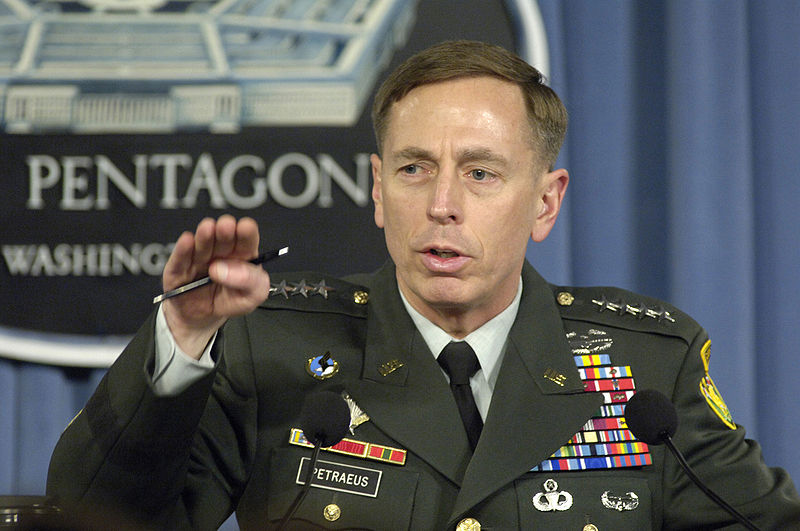In 1998, Andrew Wakefield published a study linking the measles, mumps and rubella (MMR) vaccine to autism. In 2019, the World Health Organisation (WHO) identified vaccine hesitancy as one of the top ten threats to global health, after cases of measles increased by 48.7% between 2017 and 2018. An outbreak of mumps has just been reported at Nottingham universities, and unvaccinated children have been barred from suburb of New York after 153 identified cases of measles.
Yet countless studies, including a paper by Danish researchers published in March 2019, have continuously discredited the link between the vaccine and autism.
So how did we get to this point? How did a paper, later disproved and retracted by the Lancet in 2011, seem to change the way the world views vaccines irrevocably? And what are anti-vaxxers really thinking?
Medical fraud or misunderstood?
Some regard Wakefield’s study as ‘one of the most serious frauds in medical history‘, yet he continues to claim the existence of a causal relationship between the MMR vaccine and autism. His influence remains, being something of a celebrity in America and heralded by President Trump, himself an ‘anti-vaccine crusader‘. In the 2016 film Vaxxed: From Cover-Up to Catastrophe, Wakefield explains how his study was borne out of a succession of stories that were very similar, where parents were noticing a drastic behavioural change in their children days after immunisation. A diagnosis of autistic spectrum disorder (ASD) often followed.
Florence Jones*, an avid anti-vaxxer, defends Dr Wakefield. When asked whether she believes his study was credible, Florence replied: “I’m sure it was flawed, but most science is. They threw him to the wolves. I think he was doing his best and he genuinely was concerned.”
The impact of first-hand experience
Florence’s stance on vaccinations, like most people’s, comes from personal experience. Her son, Alfie*, was diagnosed with Asperger’s as a child, which Florence believes was a direct result of the MMR vaccine.
“He had a very bad reaction”, she explains. “There was a rash all over his face and he had a massive regressive episode. He didn’t speak.”
Florence thinks some children are more at risk of bad reactions than others, because their immune systems are weaker. She believes children should be screened for risk factors and more research should be done into the matter.
Thirty years ago, that would have been unthinkable.
Yet Florence’s greatest fears lie not with the health implications of the vaccine, but with what a governmental crackdown on vaccine hesitancy could mean.
“The government is becoming more autocratic”, she says. “What they’re trying to do is push towards compulsory vaccination. That would be really terrible. They would be forcing people to put themselves in a position where they could suffer some really bad effects. Thirty years ago, that would have been unthinkable.”
Florence believes that incidences where people have bad reactions to vaccines are “covered up” and the public will never hear about research into risk factors.
“Everything is about statistics”, she says, “especially in medicine and science. Most of the media is very biased because they have to support the government and the health authorities.”
More than scientific skepticism
It is unlikely an explicit causal link between the MMR vaccine and autism will ever be identified, but it seems vaccine hesitancy goes beyond distrust of science.
It goes beyond arguable links between immunisation and autism, and beyond allegations of inefficacy and pointlessness.
Anti-vaxxers trust their own intuition over the advice of healthcare professionals, the research of scientists and the evidence of investigations. They do not trust the government, and that’s where the real problem lies.
*Names have been changed.








